For Jewish parents of Harvard-bound students, the feeling is all too familiar. Proud that they’ve been accepted to one of the most prestigious institutions of higher learning in the world, parents are also understandably anxious about the culture at this Ivy League institution, and how it will affect their yet-young-and-vulnerable children. “It’s not the warmest place, you know,” one parent said, explaining her worry in an interview with lubavitch.com.
It came as no surprise then that among those sipping cocktails and nibbling hors d’oeuvres at the elegant home of James and Merryl Tisch last Wednesday evening, was a close-knit group of grateful Jewish parents whose children came home from college with more than a Harvard degree. Susan Wachter, the Richard B. Worley Professor of Financial Management at Wharton, and a senior housing advisor for the Clinton administration, herself an alumna of Harvard, recalls that in her day, there was no vibrant Jewish life at the university to speak of. “So I was thrilled that my daughter would have a home at Harvard. Not just a physical one, but a spiritual home.”
Wachter was talking about Chabad at Harvard, one of the university’s fastest growing campus organizations. More specifically, she was talking about Rabbi Hirschy and Elkie Zarchi, the Chabad couple synonymous with the warmth of family, home and tradition that few imagined could be cultivated at Harvard.
Greeting personal friends and guests at her Fifth Avenue home, Merryl Tisch praised Rabbi Zarchi as “a great leader of an extraordinary community,” with an “uncanny ability” to bring together Jewish students from every conceivable background and create a community. “If that’s not great leadership, I don’t know what is,” she said. Mrs. Tisch, whose daughter Jessie—now studying for her JD/MBA at Harvard, became close with the Chabad family while an undergrad there–spoke of her deep gratitude to the Zarchis, for “embracing our children” as they did.
The evening of celebration and support of Chabad at Harvard—as the event was billed, confirmed findings of a recent study about Chabad on campus that garnered much media attention. The study, by Professor Barry Chazan at Hebrew University, “was developed to respond to the crisis of identity by utilizing what is one of Judaism’s most basic and moving pillars—the experience of Shabbat.”
The success of this informal educational model in augmenting students’ Jewish identity, popular at all of the 85-plus campuses served by Chabad, was amplified by students’ descriptions of Shabbat with Chabad. But as the evening unfolded, the individual connections that students made with the Zarchis illuminated how that, more than anything else, is responsible for the personal relevance that Jewish life begins to assume in the lives of Harvard students.
Rebecca Rohr, student president of Chabad of Harvard, spoke of the multi-faceted student programs offered by Chabad throughout the academic year. “And then,” she said,”there are the famous Friday night dinners, where the Zarchis get you to fall in love with them, and with the beauty of Shabbat.” After a week of immersion in Harvard’s standoffish environment, “Shabbat at the Zarchis offers warmth, intimacy, friendly faces, and delicious matzah ball soup. Pretension and academic credentials are checked at the door as the refreshing sounds of small children fill the home and Rabbi Hirschy and Elkie greet each person with a kind word. And their warmth is contagious.”
Teddy Bressman, who graduated this month, humored the crowd as he described the various ways in which his participation in Judaism grew through Chabad. “At Chabad, I ate kosher food, I wrapped tefillin and I rapped with Mattisyahu in the urban sense.” He spoke of Rabbi Zarchi as “a man who would stay up as late as you’re willing to talk and then get up early enough to set up bagels, lox and tefillin for the students.” But most vividly, he said, he’ll remember the Friday night Shabbat dinners with Elkie and Rabbi Zarchi.
In unscripted but heartfelt words, Teddy thanked Rabbi Zarchi for “teaching me a lot.”
The Zarchis came to Harvard in the 1997-98 academic year and braced themselves for the challenge, among others, of trying to build something enduring in a transient community. It is thus remarkable, noted Harvard alumnus and Chabad supporter, Jared Kushner, that Chabad has achieved a continuity that not only keeps students connected well past their graduation, but also between generations where parents and children share similar enthusiasm for Jewish involvement.
The exposure to Jewish life that students gain through Chabad on campus is, to be sure, consequential to their lifelong Jewish identity. But Chabad has gone one step beyond that. In her remarks, Rebecca Rohr spoke of the Zarchis’ passion for their life’s work as being “infectious and empowering:”
She was inspired, she said, “to see how many students have taken the initiative in making the mission of spreading Judaism on campus their own.” Few would argue that when students themselves become agents of Jewish outreach, it is fair to say that Chabad at Harvard qualifies as a phenomenon.
Jewish parents of young Harvard freshmen may take some comfort in knowing that their college-bound children will find a surrogate home with Chabad on campus. When young, incoming freshmen experience those first pangs of homesickness and loneliness, they’ll probably do as Teddy Bressman did four years ago, when, “on a lonely freshman Friday night, I found my way to the Zarchis, and I found a home.”
–Baila Olidort
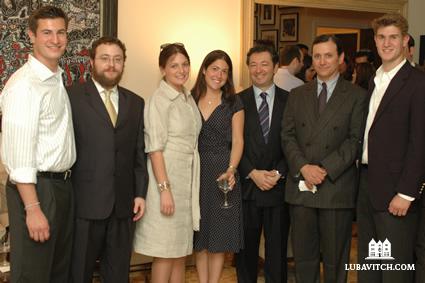
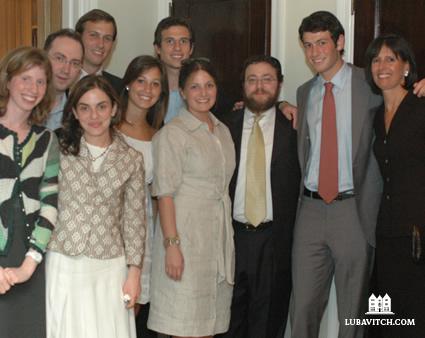
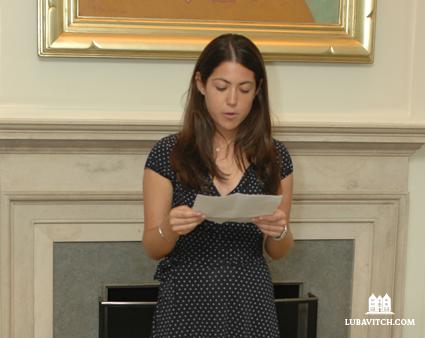
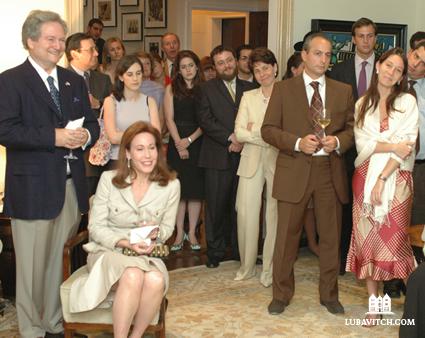
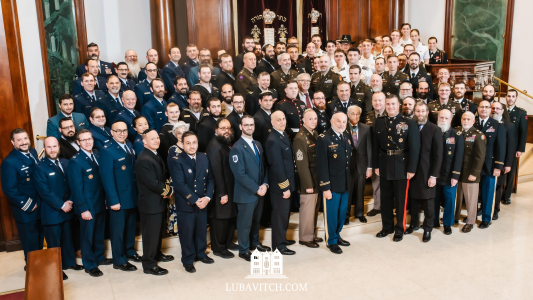

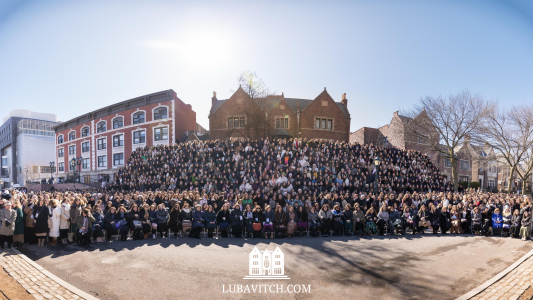
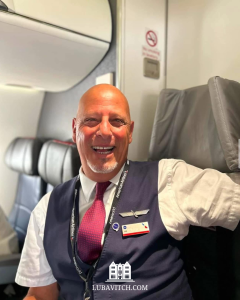



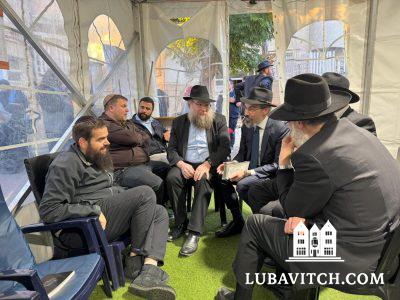

Be the first to write a comment.